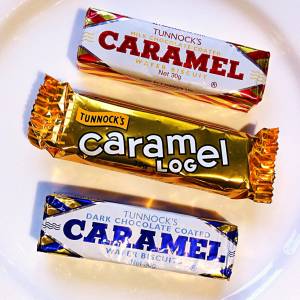Dukkah.
We bought this while on holiday in Cyprus- the taste is fabulous, especially as part of a middle eastern meal.
Excerpt from the Daily Telegraph:
My recipe was my mother's" says Claudia Roden, author of the 1968 classic, A Book of Middle Eastern Food, which contains the first dukkah recipe published outside Egypt.
"The spices in it are cumin coriander, sesame seeds and hazelnuts. In Egypt people have their own personal mixes. Some use peanuts or almonds instead of hazelnuts and add dried mint."
The name 'dukkah' means "to crush" or "to pound" in its native Egyptian. Pronounced do'a, it's an apt description for the spice blend. The ingredients are interchangeable, but pounding is the key, as the finished product is always a dry mixture - so when flatbread is dunked in olive oil, and then dipped into the dukkah, the dry spices stick, and create a piquant crust.
Traditionally, dukkah is served as an early evening snack, with bread and oil. But the versatile blend is often used as a crust for grilled meat and fish, as well as a spice blend to flavour to yoghurt-based meat marinades.
It seems that adherence to a recipe isn't important when it comes to dukkah - but the key is imagination and application. So use Roden's recipe as a base, and then follow in the great tradition of dukkah-producers by tweaking and tinkering to create a personal blend.
Dukkah
Original recipe from Claudia Roden
In Egypt it is eaten for breakfast and as an appetiser. It is a very personal and individual mix that varies from one family to another. It can be stored for months in a jar.
500g sesame seeds
250g coriander seeds
120g hazelnuts
120g ground cumin
Salt and pepper
Put the seeds and nuts on separate trays and roast them in a preheated 250C gas 8 oven for 5 – 10 minutes or until they begin to colour and release an aroma. Put them together in the food processor with salt and pepper and grind them until they are finely crushed but not pulverised. Be careful not to over blend or the oil from the too finely ground seeds and nuts will form a paste. Dukkah should be a dry crushed mixture, not a paste.

Comments
Sign in or get an account to comment.


